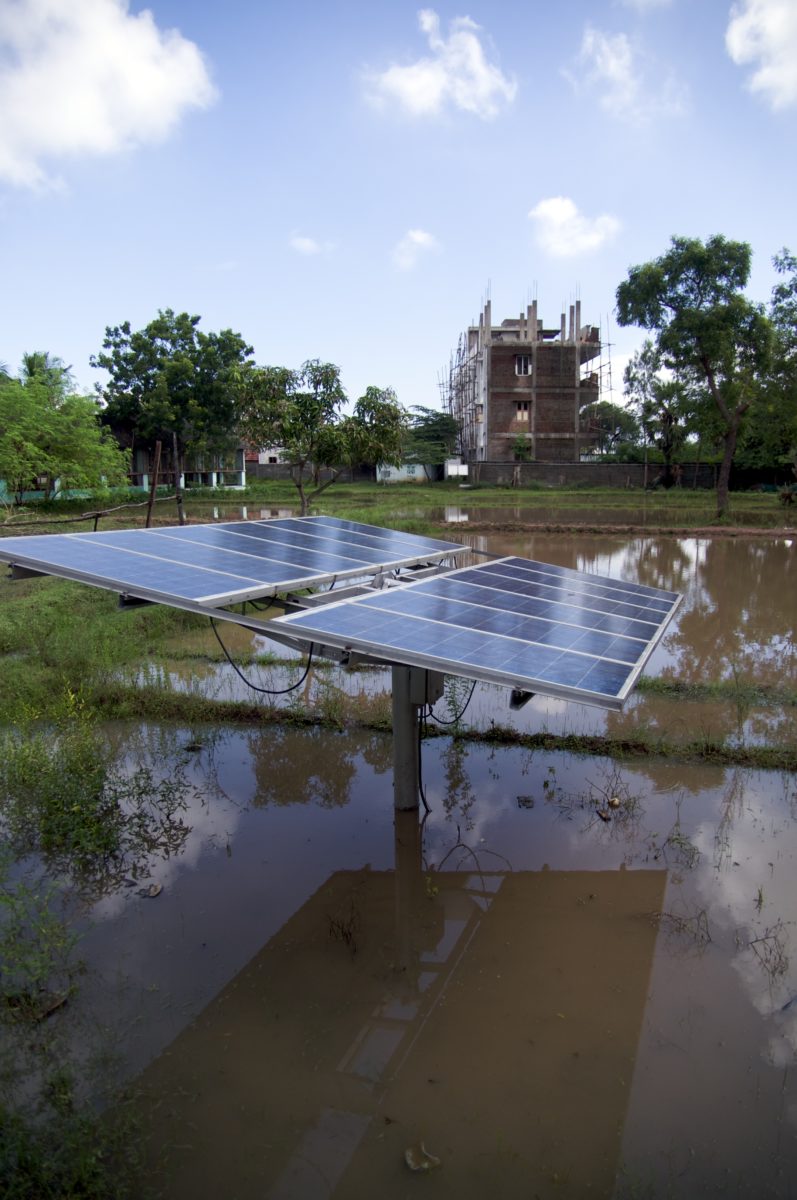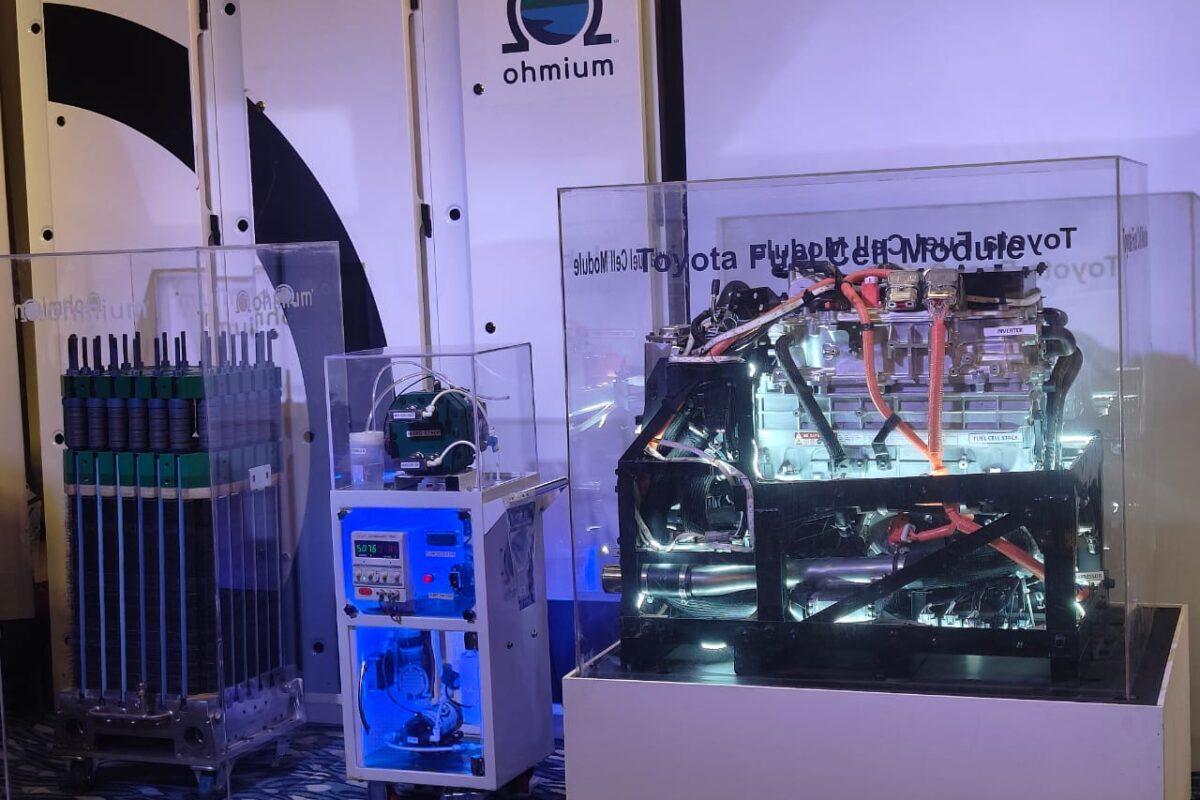Under Kisan Urja Suraksha Evam Utthan Mahaabhiyan (KUSUM) rural solar scheme, farmers and agricultural collectives can set up decentralized, ground mounted, grid-connected solar power plants of up to 2 MW capacity on barren or cultivable land. The power generated will be purchased by the DISCOMs at feed-in tariffs determined by the respective State Electricity Regulatory Commission, thus opening a stable and continuous source of income to the rural landowners.
“[Under the scheme] the state government of Uttar Pradesh will help in setting up such solar plants with a total capacity of 75 MW in the current year. The government will buy this electricity at a reasonable rate, thus directly benefiting the farmers,” said UP power minister Shrikant Sharma.
Further, the state government will support solarization of existing private tubewells.
“Subsidy will be provided to farmers for conversion of existing private tubewells into grid connected solar pumpsets, eliminating the farmer’s dependence on electricity for irrigation, said the minister.
“Farmers usually irrigate for 150-185 days. Other days the panel-generated power will go to the grid”—he added.
The state, which has set a target of 10,700 MW solar power generation by the year 2022, has so far distributed 25,511 solar pumps for irrigation. Further, a total of 2727 solar-powered RO plants for clean water in schools, and 2,70,000 solar streetlights have been installed in the state, according to the minister.
KUSUM Scheme
Through the KUSUM scheme, the Indian government aims to add renewable capacity of 25.75 GW by 2022 by promoting the installation of 10 GW worth of decentralized, ground mounted, grid-connected renewable power plants as well as the deployment of 17.5 lakh standalone solar-powered agriculture pumps (with a capacity of up to 7.5 hp each). The plan also includes solarization of 10 lakh of grid-connected pumps of the same size. A PV capacity of up to twice the pump capacity in kilowatts is allowed under the scheme.
This content is protected by copyright and may not be reused. If you want to cooperate with us and would like to reuse some of our content, please contact: editors@pv-magazine.com.









Most of India’s commercial solar should be done this way as benefits both the people and the grid and raises all boats, not just big corporations.
The smaller sizes are key as many spread out units help instead of overtaxing the grid like large solar farms do.
I’d hope they do the same for digesters, wind, battery, heat/cold storage., etc systems and EVs as they need them all.
I’d also like to see it given first to ones that build to continue farming on the same ground as India needs food too and fairly easy to do both.
India can’t really afford to give up so much especially productive farm land to solar alone.
Even unproductive land can be rebuilt or used in raised beds, aquaponics, etc along with solar.